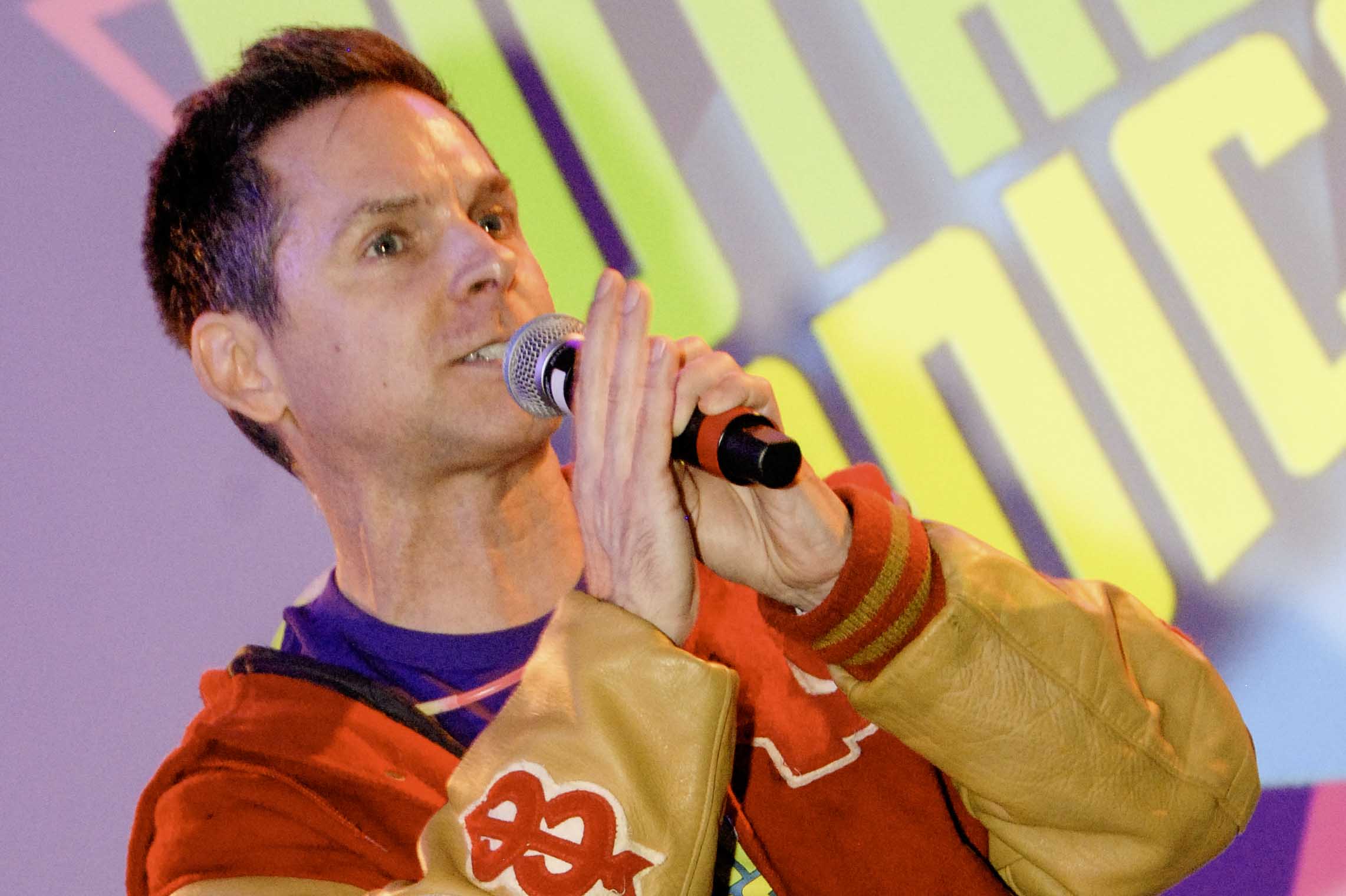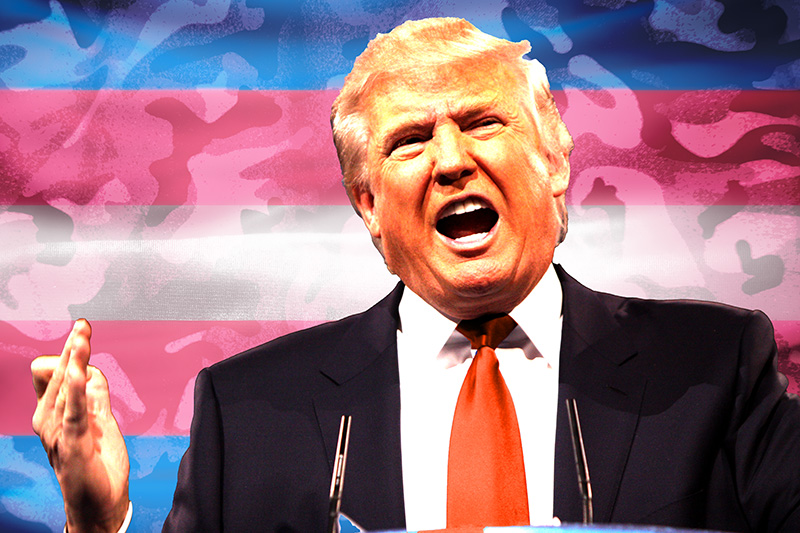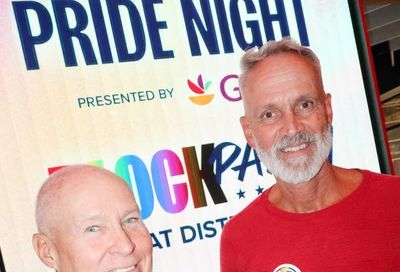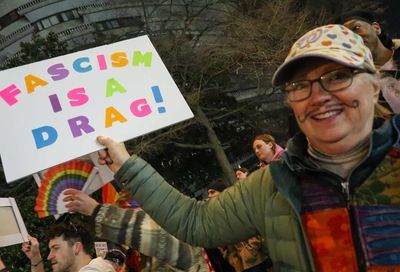California Looks to Expand Assistance to LGBTQ Veterans
Veterans forcibly discharged under military's "Don't Ask, Don't Tell" policy to receive assistance in accessing benefits.

On Saturday, September 17, California Gov. Gavin Newsom signed a state bill into law that will provide assistance to military veterans who were forcibly discharged under the infamous “Don’t Ask, Don’t Tell” policy.
“Don’t Ask, Don’t Tell” was first implemented in 1993, replacing the military’s previous outright ban on gay and lesbian people serving in the Armed Forces. After DADT’s adoption by the military, gay, lesbian, and bisexual people were permitted to join, but couldn’t be open about their identity. But as the Military Times notes, the policy actually created a host of new problems — including, but not limited to the fact that some service members were dismissed after being involuntarily outed by superiors or fellow service members — and resulted in the dismissal of 14,000 LGBTQ individuals from the ranks of the major service branches.
Under the California bill, sponsored by Assemblymember Jacqui Irwin (D-Thousand Oaks), the state Department of Veterans Affairs would create a “Veteran’s Military Discharge Upgrade Grant Program,” which would fund service providers who educate LGBTQ veterans dismissed solely because of their sexual orientation or gender identity about how to get their discharge status changed so they can qualify for various benefits to which their service would normally entitle them.
Examples of benefits for which they may qualify include money to cover burial costs, financial support for indigent veterans, and educational and health benefits.
In 2010, former President Barack Obama signed into law the repeal of DADT, allowing veterans discharged under the policy to contest their discharge status and file applications to receive full benefits. But changing one’s discharge status can be cumbersome for some, while other veterans may not be aware of the existence of such a process. As a result, there are many formerly discharged individuals who have been unable to get their discharge status changed, and thus, still do not qualify for benefits.
“While the repeal of ‘Don’t Ask, Don’t Tell’ ended a shameful injustice against LGBTQ Americans serving in our armed forces, its legacy continues to burden the women and men unfairly ousted under the discriminatory policy,” Newsom stated in a press release announcing his decision to sign the bill into law. “With this legislation, the state will help these heroes navigate the process to correct the record and access important benefits they deserve and have earned many times over.”
While DADT has been repealed and LGB service members have been allowed to serve openly since then, the ability of transgender individuals became a point of contention in recent years. In 2016, former President Obama introduced an “open service” policy that allowed trans individuals to serve openly. However, that was quickly reversed by the Trump administration, which moved to bar all transgender individuals diagnosed with gender dysphoria from the military and required those transgender individuals who were already enlisted and “out” to their peers to remain in their assigned sex at birth for the duration of their service.
The Trump administration began enforcing said ban in 2019, but President Joe Biden reversed that ban upon taking office in 2021. However, the active-duty status of transgender service members may be called into question in the future if the Oval Office is occupied by someone hostile to the LGBTQ community. Additionally, if the policy is once again reversed by a future administration, issues may arise regarding the status of transgender veterans to qualify for benefits they earned through their service.
Support Metro Weekly’s Journalism
These are challenging times for news organizations. And yet it’s crucial we stay active and provide vital resources and information to both our local readers and the world. So won’t you please take a moment and consider supporting Metro Weekly with a membership? For as little as $5 a month, you can help ensure Metro Weekly magazine and MetroWeekly.com remain free, viable resources as we provide the best, most diverse, culturally-resonant LGBTQ coverage in both the D.C. region and around the world. Memberships come with exclusive perks and discounts, your own personal digital delivery of each week’s magazine (and an archive), access to our Member's Lounge when it launches this fall, and exclusive members-only items like Metro Weekly Membership Mugs and Tote Bags! Check out all our membership levels here and please join us today!






















You must be logged in to post a comment.